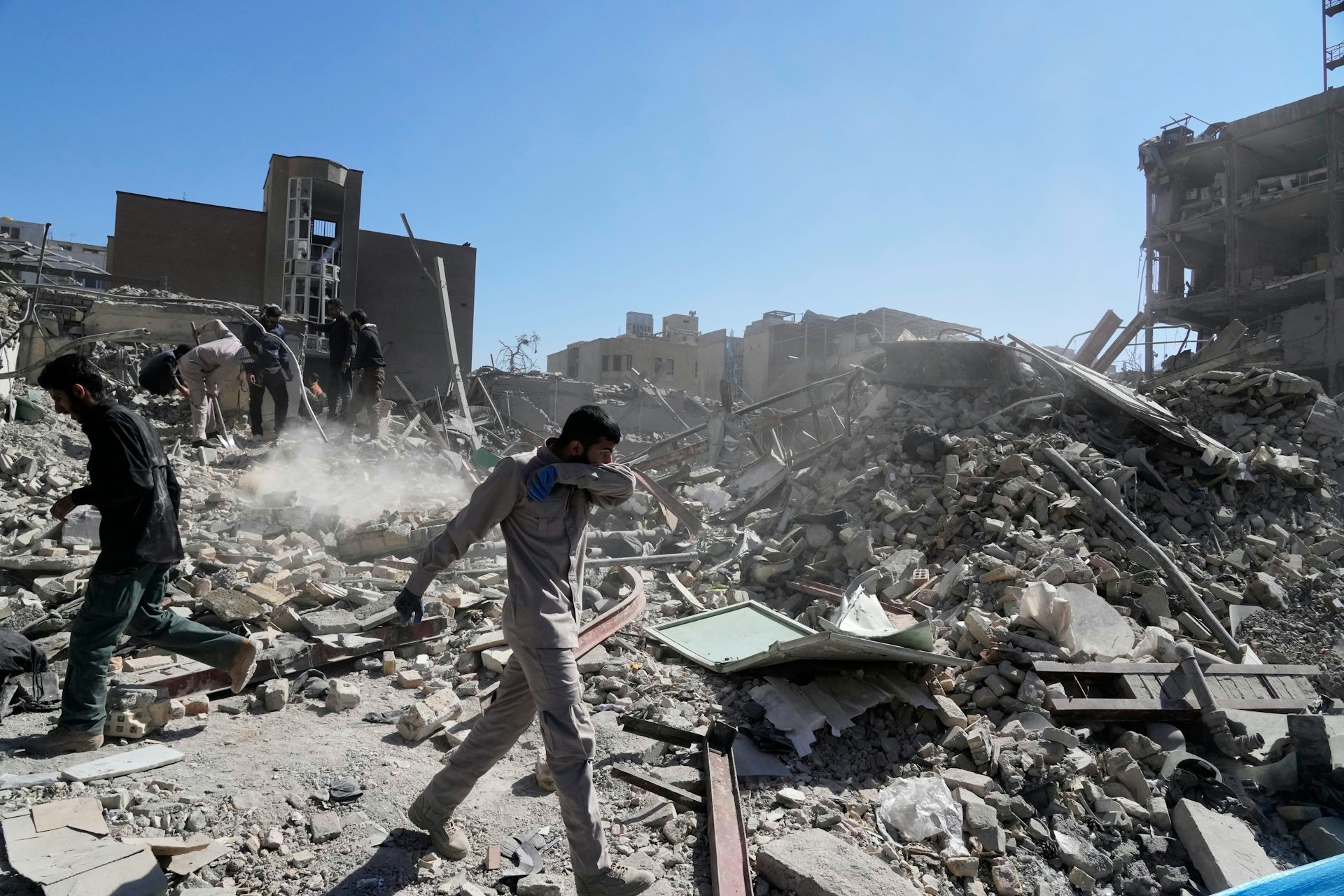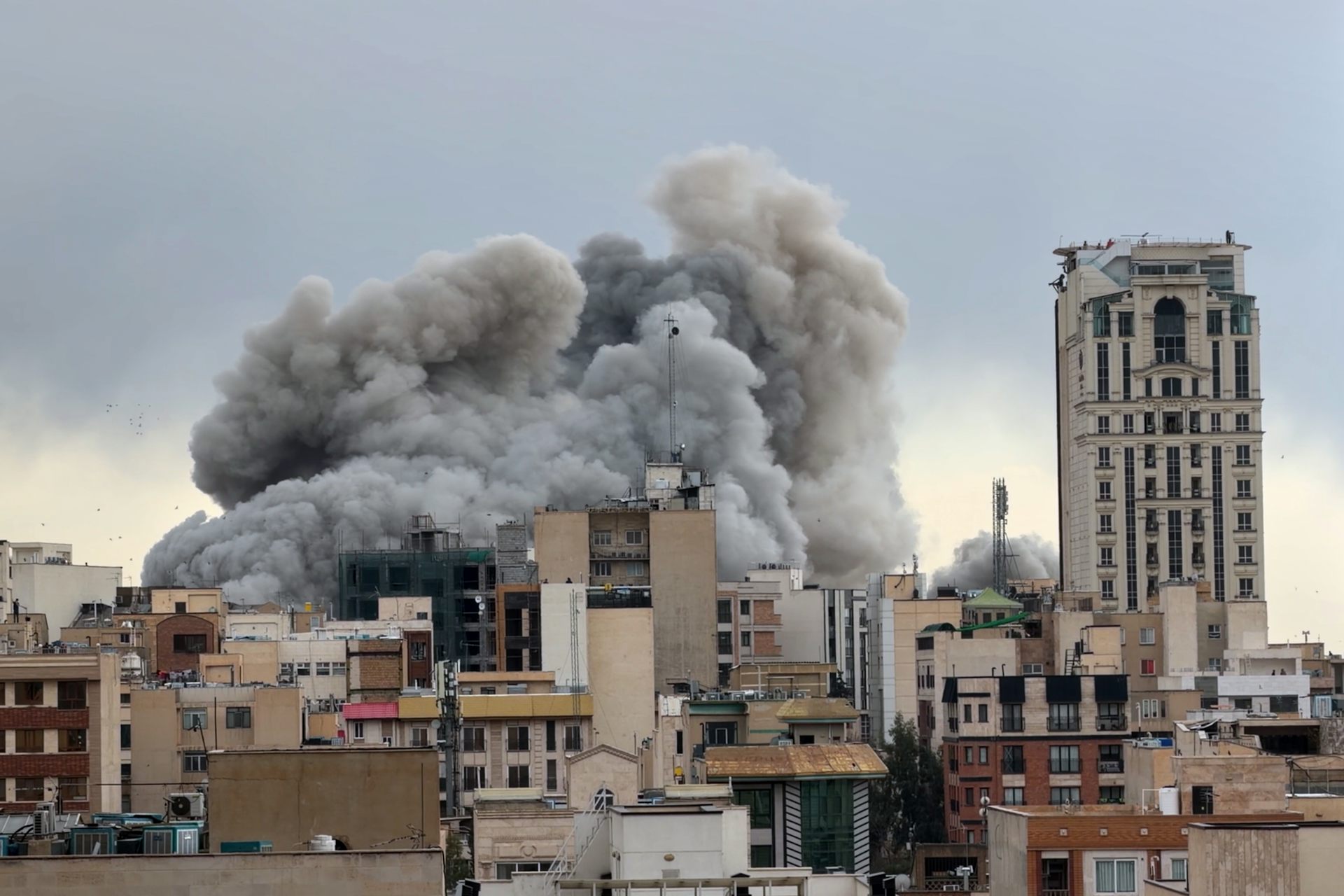What happens to national security and foreign relations if the president is incapacitated?
The country is not completely rudderless, even if many senior officials are quarantining to help curb the spread of the coronavirus.
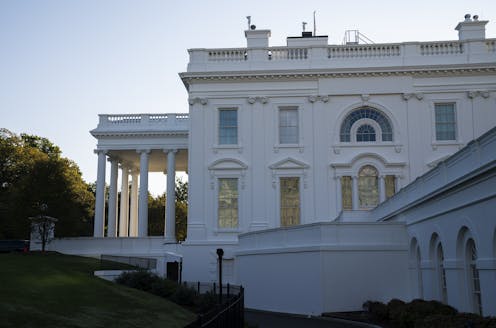
If President Donald Trump is too sick to perform his duties, it’s not clear what might happen to the country’s national security and foreign relations. That’s a concern because crises like a terrorist attack or the outbreak of hostilities between nations can appear without warning.
As someone who has served as a senior budget official in the White House in the 1990s and has taught and written on national security and foreign policy institutions and processes for 15 years, I know the 25th Amendment offers some help. It defines a process by which the president can declare himself, or be declared by others, to be unable to perform his job. But that process takes time, and its outcome is not necessarily certain.
For the American people and the world as a whole, it’s important that there is certainty about who is in charge and whose orders the military, the diplomats, the spies and other government officials should follow.
That sense of stability can be reassuring in uncertain times and allow whomever is in charge to make what decisions are needed. That is especially true at a time when the country is facing a pandemic, global warming, wildfires, foreign intrusion in elections, massive unemployment and widespread racial tension.
But at a time when many senior officials – including most of the Joint Chiefs of Staff – are quarantining, the country is not completely rudderless. That’s true even in a situation where the vice president has not become acting president, or if there are political or legal battles over the succession process.
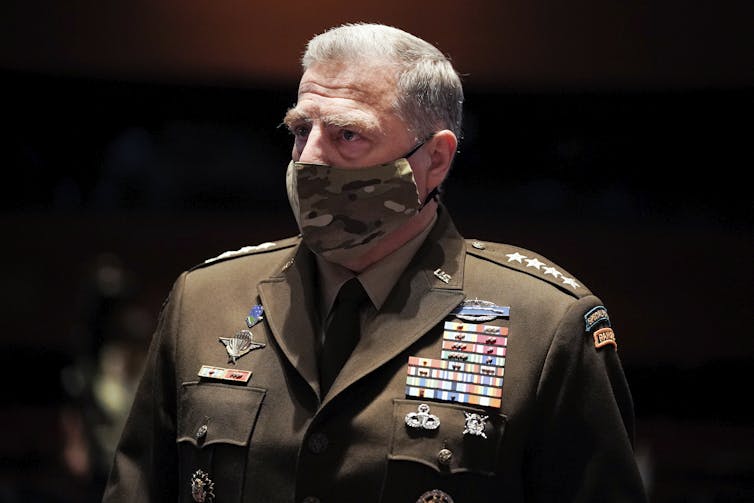
The military
In the case of a crisis, the decision to use military force is made by the president, and passes through the secretary of defense to the operational commander in the field. The members of the Joint Chiefs of Staff are not in the formal chain of command, although the chairman is the military adviser to the president.
The military services all have done significant planning for possible contingencies. Should force be needed, there are procedures and even specific plans – as well as large numbers of military and civilian staff to execute them.
But any order must come from the top. President Donald Trump has gone through three secretaries of defense, and his administration’s relationship with the military has been controversial. Morale in the military is seen as low. If there isn’t clarity about who is in charge, the military will not know whether or how to respond to any orders they might receive from people claiming to be leading the country.
National Security Council
The National Security Council, the president’s White House coordinating body for foreign and national security policy, also has standard practices, including regular meetings of members from national security-related Cabinet departments the president selects. Those meetings would continue, dealing with crises and teeing up decision options up to the president with recommendations for action.
The council has for many years been criticized for going beyond the role of creating options and actually telling government agencies how to implement decisions and what to do.
But the Trump administration’s situation is more complicated. The person serving as the national security adviser, heading the National Security Council and serving as a key consultant for the president, is the sixth in four years, including two acting advisers.
Moreover, signals from insiders and former insiders writing “tell-all” books indicate that the president often makes decisions the council has not reviewed, and confers independently with key members, separate from the rest of the committee.
Were this particular president to become incapacitated, it is not clear who would receive options or relay decisions. The national security adviser does not have the authority to issue orders on his own.
[Deep knowledge, daily. Sign up for The Conversation’s newsletter.]
Office of Management and Budget
Less well known to the public, but perhaps more critical to conveying stability in times of presidential uncertainty is the Office of Management and Budget.
This office, which reports directly to the president and is part of the White House, has a 400-person permanent staff who review all agency budget and legislative proposals before transmitting them to Congress – including aspects of foreign policy and national security. It controls the budget, proposed legislation and regulations, and planning processes all agencies must follow. It is hard at work during October reviewing proposals for next fiscal year’s budget. Input from the president and vice president doesn’t typically come until the very end, in December.
In a crisis, the office can play a key role in coordinating agency resources to address the problem and in communicating authoritative guidance for agency responses. However, it does not provide policy direction; that must come from the president or through other senior staff.
The office instructed the Defense Department to delay providing funds for military assistance to the Ukraine in the summer of 2019 – but it was passing along an order, not making the decision itself. Without someone clearly in charge, the office is unlikely to make any changes in spending or government policy.
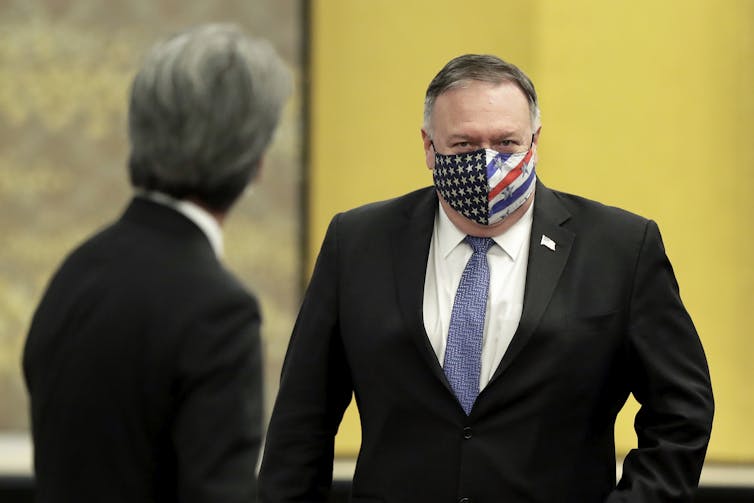
State Department
The Department of State is the oldest Cabinet department; it handles diplomacy and foreign relations. It has a large, permanent professional staff – both civilian and diplomatic – and a standard set of operating procedures and diplomatic processes. Those will not change if there is confusion about who wields executive power in the U.S.
However, Trump has had two secretaries of State and critics have complained that he has “gutted” the department, making continuity and stability less certain. However, diplomats can continue to ply their trade and maintain orderly relationships with foreign governments.
In the end, the foreign policy and national security system will be stable and staffed, even if the president is incapacitated. True stability and reassurance, however, depend on an orderly process at the top.
A lack of clarity about leadership would make that stability and reassurance hard to guarantee. Agencies can easily figure out how to keep critical functions and existing policies going. But in the end, the system would need central decisions and guidance from above – placing stability and predictability squarely in the hands of leadership in the White House.
Gordon Adams has received funding from the Open Society Foundations. Way in the past, mostly pre-1993, I received foundation funding for research on national security policy and budgets. I am currently a Distinguished Fellow at the Stimson Center and a Distinguished Non-Resident Fellow at the Quincy Institute, both in Washington, D.C.
Read These Next
CIA agents successfully executed a plan for regime change in Iran in 1953 – but Trump hasn’t reveale
A covert US campaign in the mid-20th century helped steer Iran toward the intense anti-American sentiment…
Welcome to the ‘gray zone’ − home to nefarious international acts that fall short of outright confli
Nations are becoming adept at provocations that fall in the area between routine peacetime actions and…
A Plan B for space? On the risks of concentrating national space power in private hands
What does it mean for national security if access to Earth’s orbit depends largely on one company?


